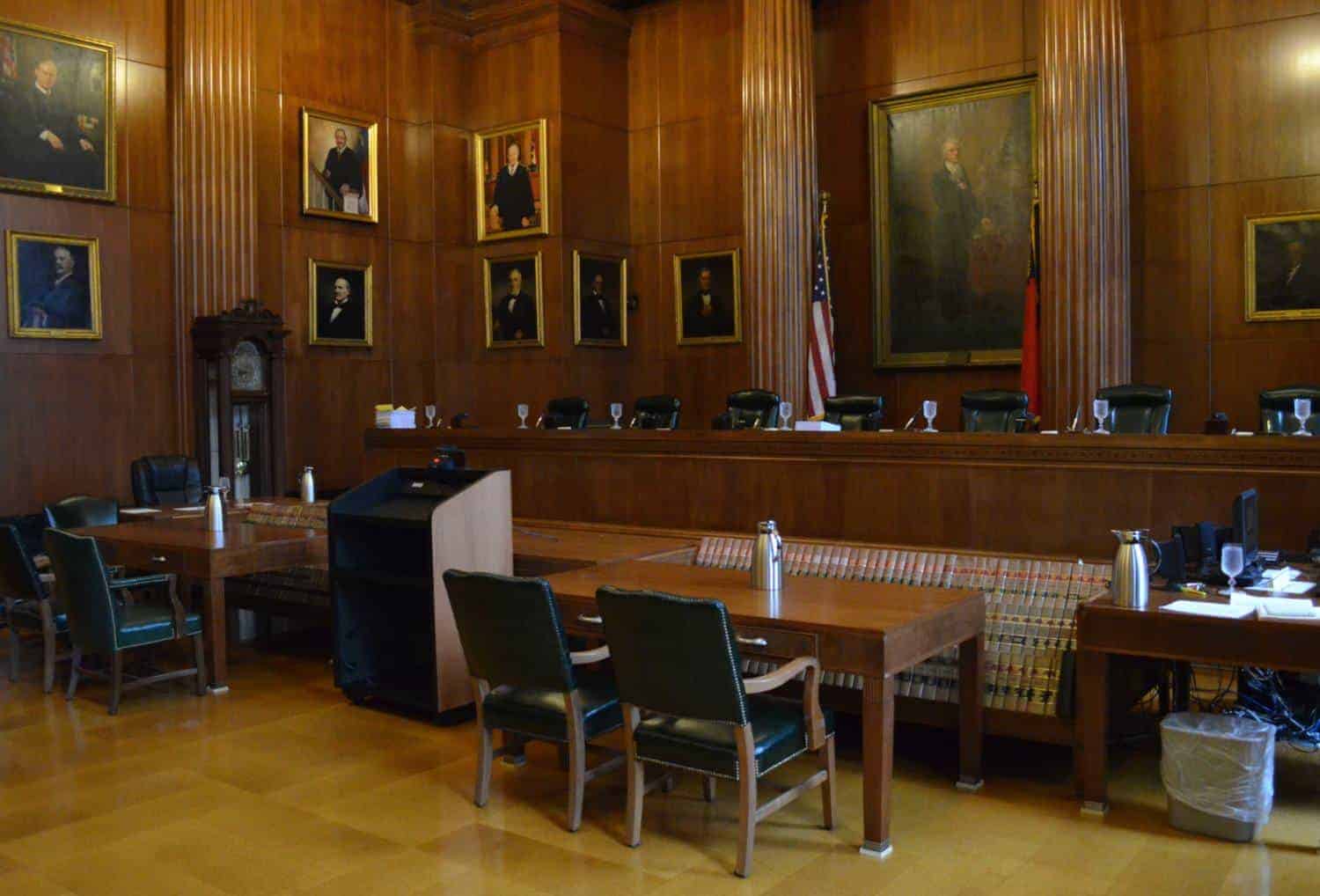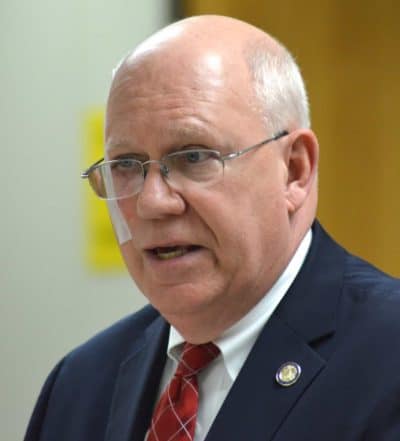The state Supreme Court heard arguments yesterday in a lawsuit brought by some families in Halifax County against the county’s Board of County Commissioners. The arguments hinged on one question: who in North Carolina has the responsibility to ensure a sound, basic education for the state’s students?
Plaintiffs allege that the Board of Commissioners maintain “an inefficient three-district system that is a relic of the Jim Crow era, divides the children of Halifax County into the ‘good’ district and the ‘bad’ districts along racial lines, and fails to meet the fundamental educational mandates recognized by the North Carolina Supreme Court and established by the North Carolina Constitution,” according to a fact sheet handed out by the groups when the lawsuit was originally announced.
At issue is the funding provided by the county commissioners to cover costs for things such as buildings, building maintenance, and instructional supplies. The defendants argue, and the court of appeals concluded, however, that the responsibility ultimately lay with the state, not the county.
“The court of appeals opinion is contrary to the proposition that the governmental entity that has caused the constitutional violation should be held to remedy,” countered Mark Dorosin, attorney for the plaintiffs.
Dorosin argued that since the state delegates authority to fund capital costs such as buildings, the proper defendant is the county, while the defendants argued that the state is ultimately responsible.
Harris Yarborough, arguing for the defendants, said that if the county commissioners are not providing adequate resources, the proper channel for complaint is with the state.
“If there is any kind of responsibility a county bears, the obvious place to put it is Leandro,” Yarborough said.
Leandro is the long-running education funding lawsuit where the court found that the state has a responsibility to provide a sound, basic education to all North Carolina students. The case is still ongoing.
Yarborough’s comments about Leandro came in response to a comment by Justice Paul Newby, who said, “I’m having a hard time finding any allegations in this complaint that are different than the allegations in Leandro.”
Yarborough went on to speculate that if county commissioners were allowed to be held responsible for a sound, basic education, it would “diffuse” the responsibility applied to the state by Leandro.
The lawsuit against the county commissioners was originally more focused on a remedy that would involve merging the three schools districts in Halifax County, one of which — Roanoke Rapids Graded School District — is better off financially and the only majority white district of the three.
Both the majority and minority opinions in the court of appeals decision questioned whether the county commissioners had authority to merge the districts. Justices quizzed Dorosin on whether that was the remedy he was seeking yesterday.
He stopped short of arguing for a merger, but pointed out that all remedies that have been suggested to the county commissioners have been refused.
Justice Sam Ervin asked if Dorosin was asking for a remedy that would involve the Halifax Board of County Commissioners exercising its “existing authority in a way different than it’s exercising it now.”
Dorosin said that was correct.
Editor’s Note: Judge David Lee, the presiding judge in Leandro, is the father of EducationNC Content Director and Managing Editor Laura Lee. Mebane Rash edited this article.



